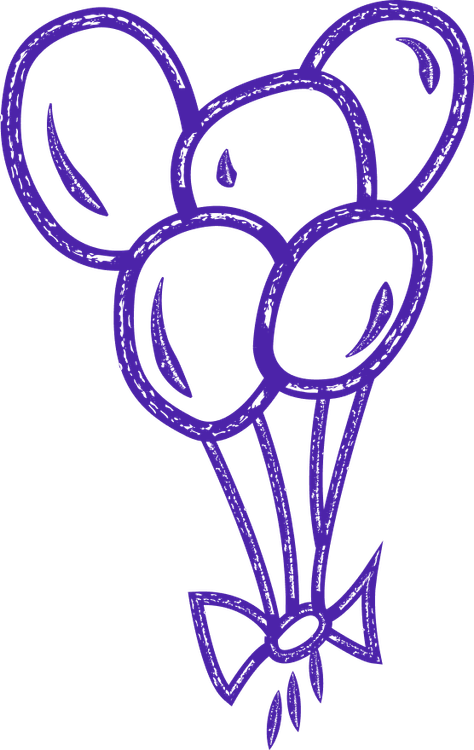
software development kit sdk
Software Development Kit (SDK)
Components and Tools
An SDK typically includes a range of components and tools that aid in software development. These components may include programming languages, compilers, debuggers, and integrated development environments (IDEs). These tools provide developers with the necessary resources to write, test, and debug their code, ensuring the smooth execution of the developed applications.
Libraries and APIs
One of the key elements of an SDK is the inclusion of libraries and Application Programming Interfaces (APIs). Libraries contain pre-written code modules that developers can leverage to perform common tasks or access specific functionalities. APIs, on the other hand, define the methods and protocols through which software components can interact with each other. By providing a set of libraries and APIs, an SDK simplifies the integration of external functionalities into the application being developed.
Documentation and Samples
To facilitate the understanding and usage of the SDK, comprehensive documentation is an essential part. The documentation typically includes guides, tutorials, reference manuals, and code samples. These resources assist developers in understanding the capabilities of the SDK, how to use its components and tools effectively, and how to implement specific features or functionalities.
Cross-Platform Compatibility
In many cases, an SDK is designed to be cross-platform compatible, meaning it can be used to develop applications that run on multiple operating systems or platforms. This versatility allows developers to write code once and deploy it across different platforms, saving time and effort. Cross-platform SDKs often provide abstractions and frameworks that handle platform-specific differences, enabling developers to focus on the application logic rather than the intricacies of each platform.
Extensibility and Customization
An SDK is often designed to be extensible and customizable, allowing developers to tailor it to their specific needs. This flexibility enables developers to add or modify functionalities, integrate with third-party tools or services, and adapt the SDK to suit their unique requirements. This extensibility empowers developers to create applications that align closely with their vision and objectives.
In conclusion, a Software Development Kit (SDK) is a comprehensive package of software tools, libraries, and documentation that empowers developers to create applications for a specific platform or framework. By providing pre-built components, tools, and resources, an SDK simplifies the software development process, enhances efficiency, and enables developers to build robust, feature-rich applications. A software development kit (SDK) is a set of tools, libraries, and documentation that developers use to create applications for a specific platform or framework. SDKs provide a standardized way for developers to interact with the underlying system or software, making it easier to build and customize applications. By using an SDK, developers can save time and effort by leveraging pre-built components and functionality, allowing them to focus on building innovative features and improving user experience.
One of the key benefits of using an SDK is that it helps developers streamline the development process and reduce the time it takes to bring a product to market. SDKs often include code samples, tutorials, and other resources that help developers get up to speed quickly and start building applications faster. Additionally, SDKs typically come with debugging tools and other utilities that can help developers troubleshoot issues and optimize their code for performance.
Overall, SDKs play a crucial role in modern software development by providing developers with the tools and resources they need to create high-quality applications efficiently. By leveraging SDKs, developers can take advantage of pre-built components and functionality, streamline the development process, and ultimately deliver better products to users. Whether you're a seasoned developer or just starting out, using an SDK can help you build better applications faster and more effectively.
Let’s build your next digital product — faster, safer, smarter.
Book a free consultationWork with a team trusted by top-tier companies.








